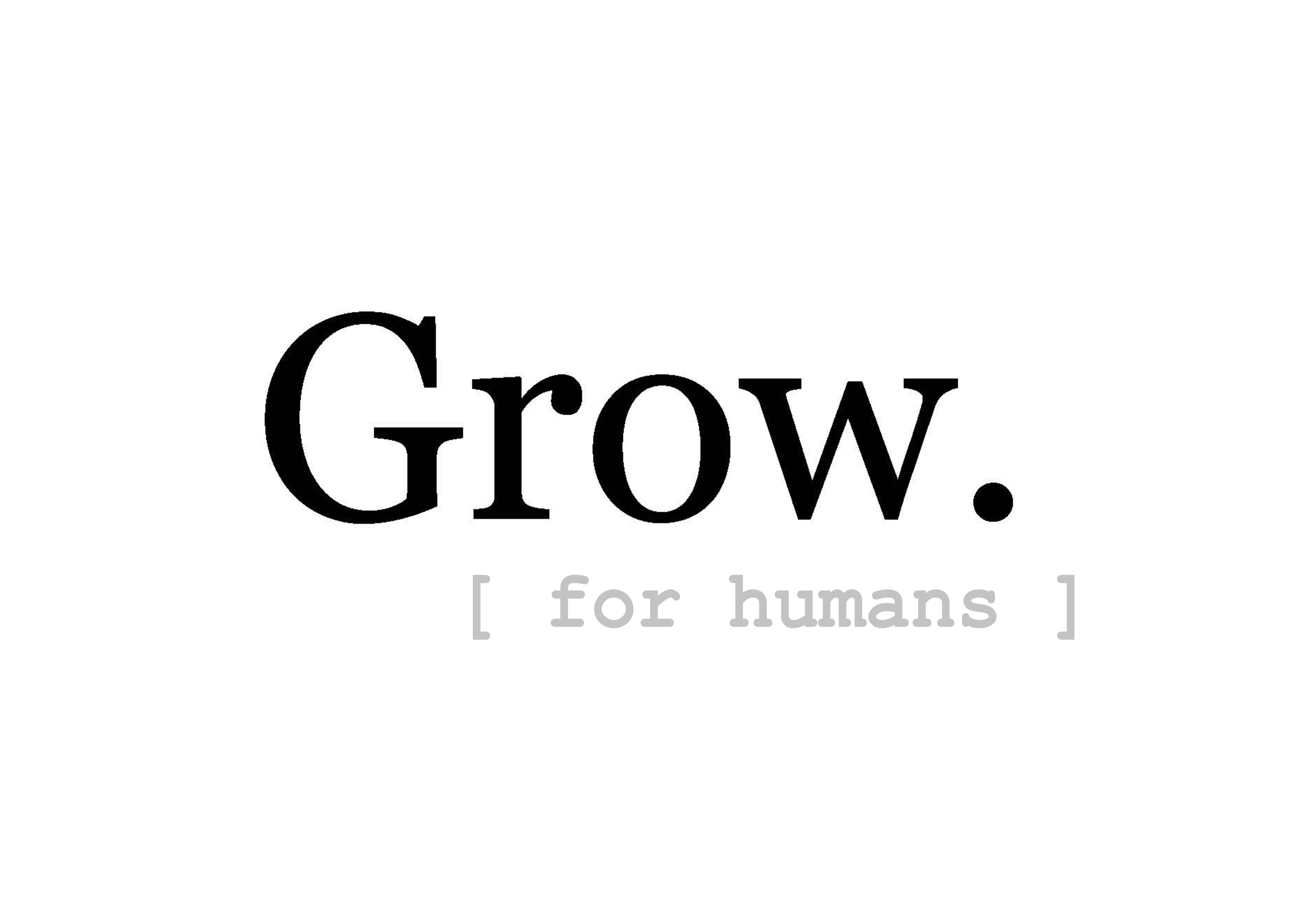
The Inner Critic is the part of us that is turned against ourselves: a negative, judgemental part which diminishes our self esteem, leads us to struggle to try new things and limits our relationships with other people. We are not born with this voice however. It is an internalised voice that starts off outside of us. Early on in life: a caretaker, sibling or teacher may give us certain impressions which then help shape the Inner Critic. It need not be openly hostile however. A child may notice a parent attacking themselves, for example: “I am too fat!” or “I am stupid!” and then internalise these self attacks as their own. A child may also misunderstand a situation, for example:
Little Johnny comes out of school with a picture of his family and shows it to his mum and dad. “Good boy!” they say: “We love you so much! We will stick this on the fridge!”

Little Johnny may take from this exchange that in order to be loved by his parents, he needs to accomplish things. This may set him up for a lifetime of doing and a struggle with simply being. Underneath all the doing may be a voice which says: “You are not enough without doing things!”
Some wonderful research into the Inner Critic has shown that there are 8 typical voices which many people experience: The Perfectionist, The Taskmaster, The Inner Controller, The Destroyer, The Doubter, The Conformist, The Guilt Tripper and The Underminer. You can find out more about these types here
The best way to start to overcome your Inner Critic is by becoming more aware of when it starts speaking to you, noticing what it says, and noticing how it makes you feel. You could also put in some work around uncovering where your Inner Critic came from.
Below is a useful mindfulness meditation or visualisation to help you to become more aware of your Inner Critic, as well as helping you to start to find a more compassionate approach to accomplishing what you want in your life. Quite often in the Western world, we think that we need to use our Inner Critic in order to get things done, but there is another, more powerful way: through self-compassion. Self-compassion does not mean self indulgence, self pity or being selfish. It does not mean eating donuts on the sofa all day! Self-compassion wants what is best for our well being. To find out more about self-compassion, check the wonderful Kristin Neff’s website, a leading researcher in the field here
This mindfulness meditation is taken from Grow’s live interactive online mindfulness group. You can find out more about these and sign up for one here
